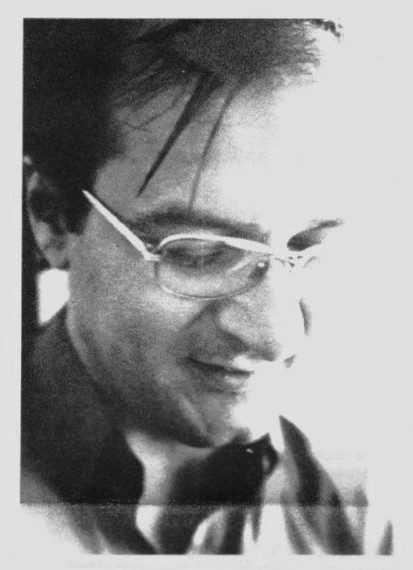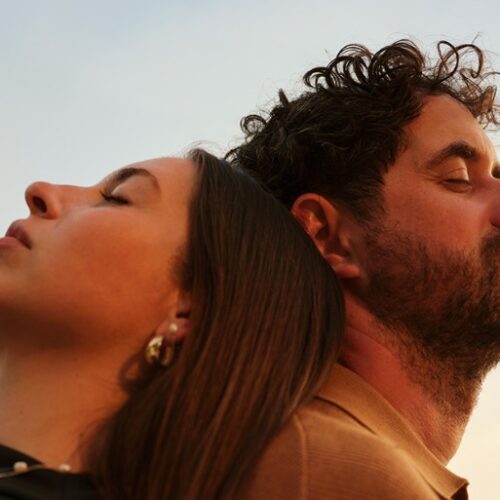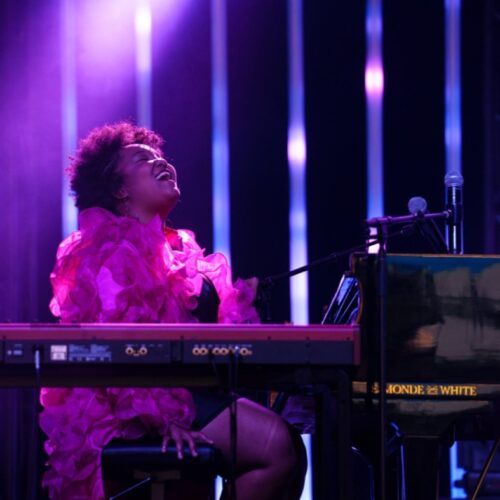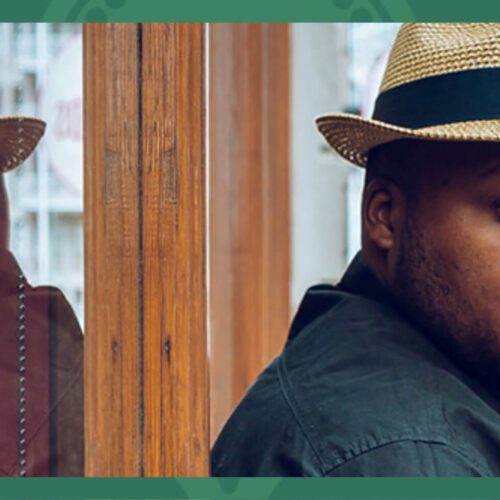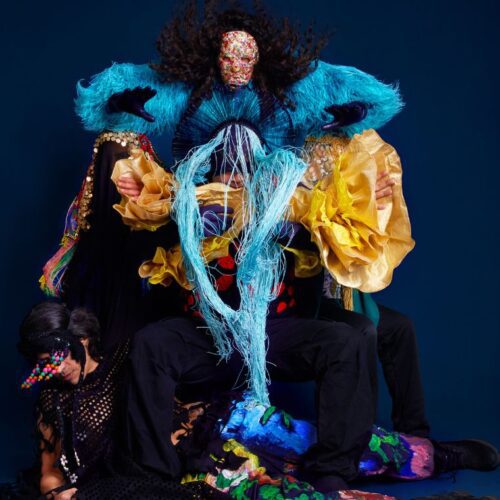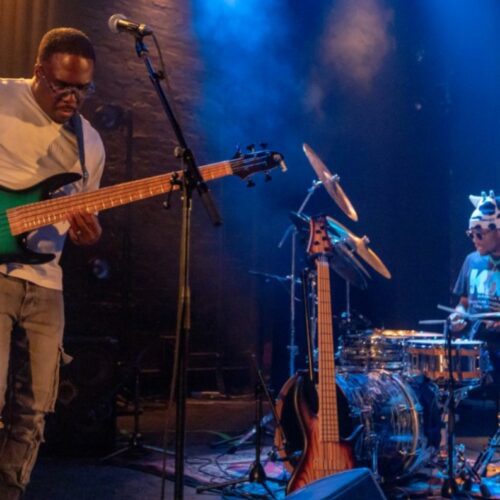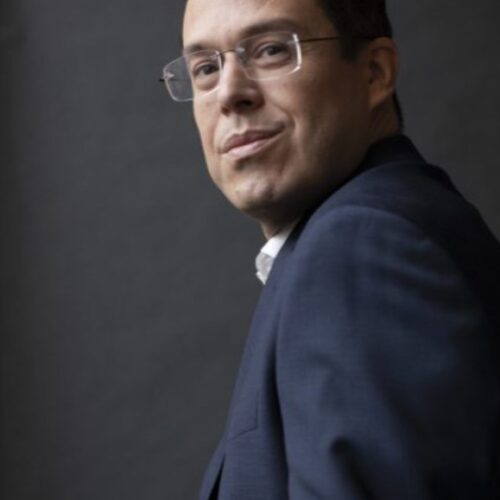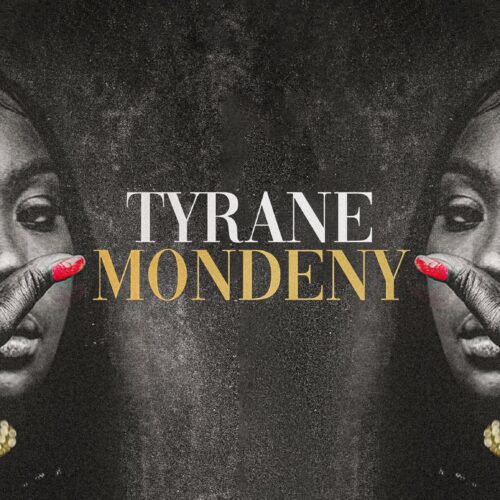Additional Information
Lorraine Vaillancourt, the Nouvel Ensemble Moderne she conducts and soprano Myriam Leblanc launch this Tuesday the Semaine du Neuf dedicated to Quebec composer Claude Vivier (1948-1983).
Complemented by a work by Marko Nikodijevic in tribute to the composer, three works by Vivier will be performed at Salle Claude-Champagne in the context of his 75th birthday and a series of concerts dedicated to him.
In reference to the Événements du Neuf which, four decades earlier, provided a platform for the launch of his work (among other composers), this Semaine du Neuf honours his memory as one of the most significant Quebec composers of his generation and of contemporary music in general, regardless of era or nation.
Colleague and close friend of the late Claude Vivier, who was murdered in Paris by a young anti-gay man in the same manner as the Italian writer and filmmaker Pier Paolo Pasolini during the same time, Lorraine Vaillancourt, artistic director and founder of the Nouvel Ensemble Moderne, tells us about her complicity with this singular creator whose fate was tragic.
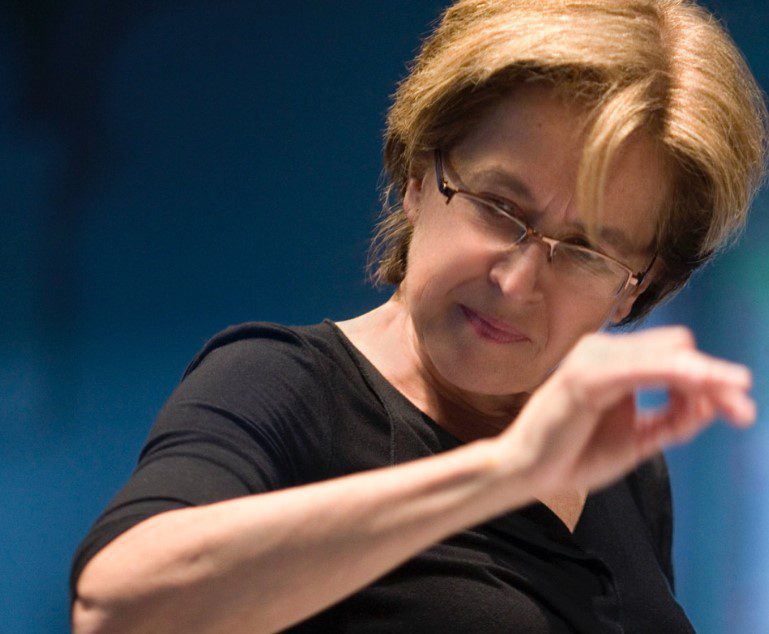
PAN M 360: Let’s start with Claude Vivier, whom you worked with at the time. His unfinished body of work was extremely important. What is your point of view in this respect?
LORRAINE VAILLANCOURT: Indeed, his work is constant and successful. Perhaps he would have gone in different directions… But he already had all his strength, his beauty, his light. It is a really unique music! I have a very special attachment to Vivier, his music touches me. When you conduct an ensemble, you try to have a certain distance, it’s the public that is moved, not you. We manage, we invest ourselves but… But every time I have conducted his music, especially 3 of his works that I created, there are moments when we rise up.
PAN M 360: In what way do you rise?
LORRAINE VAILLANCOURT: That’s the feeling I get because it’s a music that can be very, very dense and suddenly, either by a break in dynamics or by a sudden unison, things become clear. We breathe. That’s why the word light comes up all the time when I talk about his music. It remains great moments, and I can only regret that he did not compose for the Nouvel Ensemble Moderne, which he did not know. There is chamber music, solos, duets, otherwise great works require great formations. So for us, that already narrows the pool that leads us to do and redo his works.
PAN M: The voice is at the heart of his work and you will testify to that on Tuesday.
LORRAINE VAILLANCOURT: He loved the human voice. It was through his extraordinary work for woman’s voice that I got into Claude’s music. He was at the music department at the University of Montreal), I got there in 1970, he was there in 1972-73, he was preparing an opera for his PhD, and the students of my workshop at the time. So the voice remains an instrument that he favored. I wouldn’t say he tortures them, but for a singer it’s really very demanding. It requires lungs of steel, it settles in long durations, it is necessary to be very camp!
So I’m delighted to do the “Trois airs pour un opéra imaginaire”, the last work he really wrote to the end. And to revisit “Bouchara”, which we did at the 25th anniversary of the NEM at the Maison symphonique. “Et je reverrai cette ville étrange”, originally written for Arraymusic, I had not done it and it is very special. We could have chosen a different instrumentation but I took the original instrumentation, it’s written a bit like “The Art of Fugue”, with a chosen instrumentation. It’s in unison for the voice, they are very difficult melodies to perform because it’s naked, perfectly exposed.
PAN M 360: At the time, at the turn of the 1980s, the laymen who were introduced to contemporary music had the impression that they were in a different world from the rest of the contemporary repertoire. Why was this?
LORRAINE VAILLANCOURT: I can understand, because it’s a world you want to go to! Claude was not of this school even if he did not deny these tendencies of modernity. He was very harmonic, he worked on chord progressions, he was not a contrapuntalist, so all this music of complexity, it was not in his language? He was rather in the melody, the psalmody, the modal music, all using with accuracy the codes of the modernity. When he hijacked the sound universe, he could make it his own, which also included very noisy things. So in his music, there is a density at the level of the frame quite marked, of a certain violence. There are these breaks that you always get physically.
PAN M 360: What was his relationship to his work?
LORRAINE VAILLANCOURT: He liked his music a lot, which is a particularity! (laughs) When he spoke about it, in fact, it was really as if it was not him who had composed it. It was more as if he had received it from the divine in the way of an old-fashioned creator. Above his head, an angel telling him “Write this down, it’s going to be beautiful!” (laughs) When he was composing, he would call us, sometimes very late at night, it couldn’t wait. “Listen, how beautiful it is!” And he would get on his piano completely out of tune, he would play us bits and pieces of it. He was taken high by the result. He was inspired. Very inspired and inspiring.
PAN M 360: So this love of his own music was something other than narcissism?
LORRAINE VAILLANCOURT: One thing is sure, it was no bullshit. It wasn’t mechanical. Claude Vivier was not a professional composer who wrote 6 hours a day on the same frame. Maybe he didn’t have the time to fall into that… He was always in a hurry. What makes the difference between genius composers and the others, it is this strength that one can only admire.
Why him rather than another? He may have the same language as the others, but the others are boring and he is interesting ? There are things that are transcendent and that we can’t really explain with words. It’s like wine: we have many words to explain wine and in the end, it’s the taste that decides. Words don’t explain the magic of Claude Vivier either, the aura of mystery and spirituality that emanates from his music.
PAN M 360: “Trois airs pour un opéra imaginaire”, “Bouchara”, “Et je reverrai cette ville étrange”. Why are these works on Tuesday’s program?
LORRAINE VAILLANCOURT: Since there is a limited pool of works that we can put in our repertoire for a chamber music concert, we ended up with three works from the last years of his life. He lived so little and I was with him for 10 years of my life… It’s not that much.
I had created his opera in 1979 and the works that we play were composed in 1981 and 1982. He was already in a very evolved universe, his thinking was clear. That guided the choice, and I also wanted to do “Bouchar”a, a love song dedicated to his lover at the time (Dino), which is the only word we understand except for some fragments of German.
PAN M 360: Is there nothing to understand?
LORRAINE VAILLANCOURT: He always used this invented language (except some rare words) which is extremely expressive. Nevertheless he said a lot of things with these invented words and one understands finally the direction of it, what is really extraordinary. He managed to put this invented language in the mouths of the singers, it was fabulous. I remember when he did his opera “Kopernikus”, the main character, Agni, was written for the singer Jocelyne Fleury. There is no real story in this opera, it is more of a ritual than anything else. But he knew to whom he was addressing himself, she said to me “if I had invented this language, I would have done it in the same way”, as if he had found a way to transmit tenderness.
PAN M 360: La Semaine du Neuf refers to the Événements du Neuf, the precise time when you were hanging out with Claude Vivier.
LORRAINE VAILLANCOURT: It was an extremely nourishing period. We kept going until 1988, shortly before the birth of the Nouvel Ensemble Moderne (NEM), Claude was no longer there but the starting point had been his songs and a work by José Evangelista. It was great, the interpretation of our young musicians was magnificent. From there was born our desire to make this music radiate, to take it out of our small premises, to play it elsewhere than at the university, to make people hear composers who are not heard. The idea was not to highlight individuals, but rather to stir the pot a bit, to present things that we wouldn’t have been able to present otherwise.
PAN M 360: Les Événements du Neuf, it was above all a core of artists having marked our contemporary music.
LORRAINE VAILLANCOURT: It started in February, March and April 1979. It was always presented on the 9th of the month, at 9 PM, and we changed the venue every month. John Rea, who was a friend of José Evangelista, soon joined the team, followed by Denis Gougeon. Every week, we liked to get together and discuss our programs and themes. It was limitless… because there was almost no budget! (laughs)
We had all already been to several concerts (especially in Europe), we had absorbed a lot of music, we fed each other. We also wanted to get out of the strict music, we had also done shows with dance, sound poetry, etc. and so some programs could leave the world of instrumental music.
And since we didn’t have a fixed ensemble, the musicians from my workshop had contributed a lot. The free concerts were presented in the university context, so the musicians could get paid, so I would put these works on the program and it was part of their training at the same time. It was a very exciting time that I will never forget.
THE TRIBUTE PROGRAM TO CLAUDE VIVIER IS PERFORMED THIS TUESDAY, 7:30 PM AT THE CLAUDE-CHAMPAGNE HALL OF THE FACULTY OF MUSIC OF THE UNIVERSITÉ DE MONTRÉAL
PROGRAM
- Marko Nikodijevic: Chambres des ténèbres / Tombeau de Claude Vivier , 2005
- Claude Vivier: Trois Airs pour un opéra imaginaire , 1982
- Claude Vivier: Bouchara , 1981 pour soprano, quintette à vent, quatuor à cordes et percussions
- Claude Vivier: Et je reverrai cette ville étrange , 1981
PARTICIPANTS
- NOUVEL ENSEMBLE MODERNE
- LORRAINE VAILLANCOURT (conductor & artistic director)
- MYRIAM LEBLANC (soprano)
